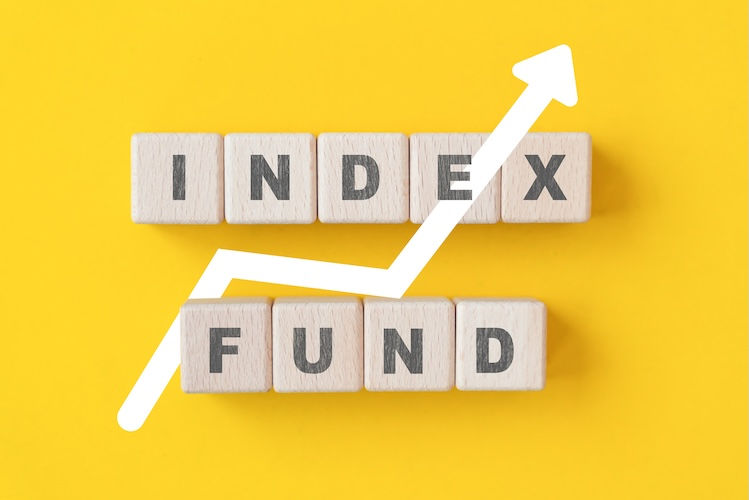Cash Balance Plans for Doctors 101
- David Day

- Jan 14, 2019
- 4 min read
Updated: Sep 17, 2019

If you own your own practice and are exploring ways to take full advantage of tax-deferred savings opportunities, you may want to consider a cash balance plan.
Keep reading to learn more about what cash balance plans are all about, how they work and for an overview of things to consider before establishing a cash balance plan for your business.
What is a Cash Balance Plan?

Let’s start with the basics. When it comes to retirement savings, there are two general types of employer-sponsored vehicles: defined-contribution plans, like a 401(k) plan, and defined-benefit plans, like traditional pension plans. A cash balance plan is type of defined benefit plan that in many ways feels instead like a defined contribution plan.
If you own your own practice, you can establish a cash balance plan for it, setting up an account for each plan participant.
Then, acting as the business owner, you will make an annual company contribution to each participant’s account. The formula for these contributions will be spelled out in the underlying plan document. Generally, contributions are either a flat dollar amount or a percentage of the employee’s pay.
In addition to the employer contribution, the plan also grows every year by being credited with a set, guaranteed interest rate. Unlike a 401(k) plan, there are no employee contributions into a cash balance plan - the only money in is from employer contributions and interest.
Where a traditional pension plan provides a specific benefit in retirement based on a formula that factors in your salary and years on the job, a cash balance plan benefit is different. As a participant in a cash balance plan, you can expect to receive a statement every year showing the account balance.
As is also true with 401(k) contributions, the money set aside grows tax-deferred.
What Are the Pros and Cons of Cash Balance Plans?
Cash balance plans are attractive for a number of reasons, although there are several points that should be considered before jumping into the fray and establishing a plan.
First, the benefits:
Reduce taxable income. Contributions to cash balance plans reduce your income dollar for dollar, which can serve to significantly lower business owners’ tax bills.
High benefit limits. Cash balance annual benefits can be as much as $215,000 in 2017.
Portability. If you leave your practice and go to work for someone else, your benefit is portable.
Can be used with 401(k) plans. Business owners can have both a 401(k) or other defined contribution plan as well as a cash balance plan – it’s not an either/or proposition.
Qualified. Like other qualified plans, money inside a cash balance plan account is protected from creditors in the event of the company’s bankruptcy.
Treat participants differently. When you fund a cash balance plan, you are not required to treat every participant the same – you can have different contribution amounts which may be based on the employee’s pay or a flat dollar amount.
Consider the following possible downsides:
Changed contribution limits require plan amendment. If you want to change your plan’s contribution limits from year-to-year or if you want to freeze or terminate the plan, you will need to formally amend the plan in accordance with the law. This is different from a profit sharing plan where you can vary the contributions from one year to the next.
Potential cut in benefits. If you are considering transitioning from a traditional pension plan to a cash balance plan, be aware that it could result in an unintended benefits cut for long-term employees.
Higher employer contributions. You should also expect to make contributions for your employees of five to eight percent of their pay; this is higher than most companies’ employer matches into 401(k) plans.
Higher ongoing expenses. In addition to these higher contribution limits, cash balance plans may cost employers more money in annual administration fees than a defined contribution plan would cost.
Interest rate guarantee. Because the interest rate contribution to employees’ accounts is guaranteed, there may be years when the underlying investment performance isn’t enough to cover the interest. This may mean you’ll have to make up the difference from your business’ cash flow.
Should Doctors Consider Using Cash Balance Plans?
For physicians in a private practice making a healthy annual income, a cash balance plan may make sense. Establishing, and funding, a cash balance plan can help force you to fund your own retirement savings, which is something that may have been neglected as you focused on establishing your practice.
The higher contribution limits can allow you to catch up faster while helping you lower your current tax burden.
As with any financial decision, what will work well for one person may not make sense for another. Talk to your financial professional about what type of retirement vehicles and funding levels can help position you to meet your goals for your wealth, and for your practice.
Get a free financial management evaluation! Financial matters can be complicated. We'll simplify it for you so you can use your time to get the most out of life! Contact us for a free no obligation consultation.
Gold Medal Waters is a fee only financial planner located in Boulder, Colorado that specializes in serving the unique needs of physicians and high net worth clients. Coordinating a great financial plan isn’t easy. Learn more about what sets us apart, or talk to an advisor and get a free meeting to see if we are the right firm for you.




Comments